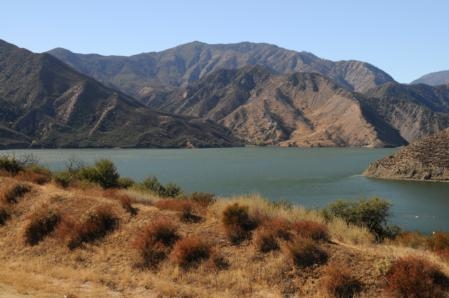Invasive species can cause havoc to ecosystems.
Eradication efforts to eliminate invasive species, and even recommendations to reduce or slow the spread of invasive species, are often controversial. This controversy can slow and even stop programs and efforts to protect ecosystems.
It is important for us to remember that disruption of the balance in our ecosystems impacts our lives. What has recently happened to the fishing industry in Lake Michigan is an example of how drastically invasive species can change ecological balance and human lives.
Just a few years ago, quagga mussels were rarely found in Lake Michigan. Currently an estimated 900 trillion quagga mussels line the bottom of the lake. Each of these tiny mussels filter up to a liter of water per day. This filtering has dramatically altered the plankton population within the lake. Fishing, an industry that helped to support local communities along the lake shore for over 100 years, no longer exists. The problem is not overfishing, but a collapse in the food web that once supported the fish.
Nationwide billions of dollars are spent each year on combating invasive species. We can all help reduce the spread and introduction of invasive species by following some general guidelines, such as:
- Ensuring boats, equipment, and gear are free from invasive organisms before using in another body of water.
- Buy firewood in the same location you plan to burn it.
- Plant native plants and non-invasive plants in gardens and landscapes.
- Follow quarantine regulations.
- Do not flush or release fish or plants from tanks or ponds.
- Buy plants only from reputable and certified nurseries.
- Stay informed about local environmental issues.
 Establishment of invasive species can greatly alter ecosystems and impact human lives. Please do what you can to help limit the introduction and spread of invasive species.
Establishment of invasive species can greatly alter ecosystems and impact human lives. Please do what you can to help limit the introduction and spread of invasive species.